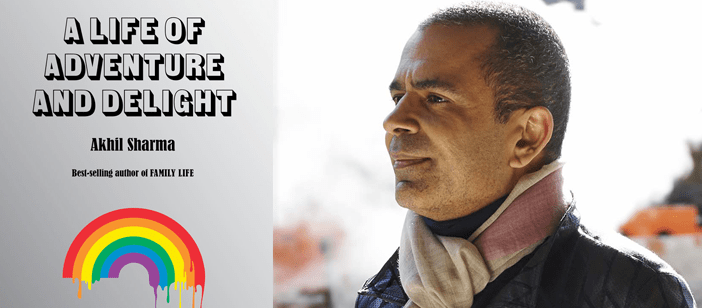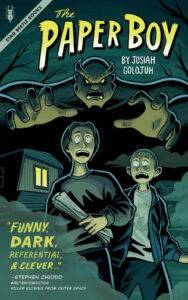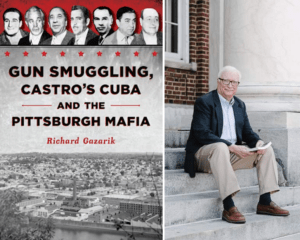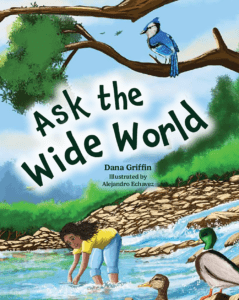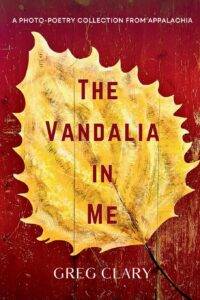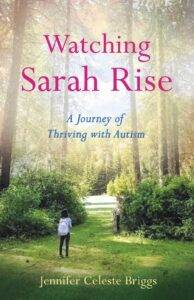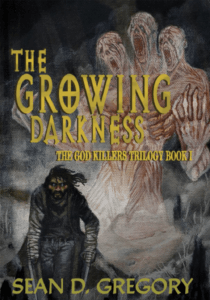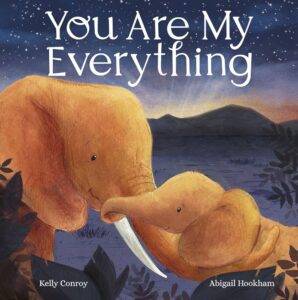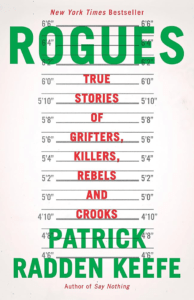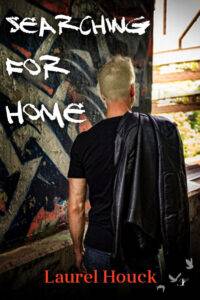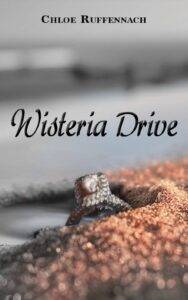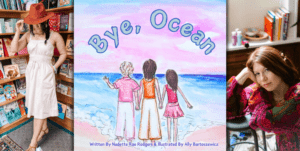Akhil Sharma is the author of Family Life, a New York Times Best Book of the Year and the winner of the International DUBLIN Literary Award and the Folio Prize. Sharma’s writing has appeared in The New Yorker, The Atlantic, The Best American Short Stories, and the O. Henry Award anthology. A native of Delhi, he lives in New York City and teaches English at Rutgers University–Newark.
Don’t miss out: Sharma will be visiting City of Asylum’s Alphabet City on July 20th!
From the Publisher: “Hailed as a storyteller whose fiction is ‘a glowing work of art’ (Wall Street Journal), Akhil Sharma is possessed of a narrative voice ‘as hypnotic as those found in the pages of Dostoyevsky’ (The Nation). In A Life of Adventure and Delight, Sharma delivers eight masterful stories that focus on Indian protagonists at home and abroad and that plunge the reader into the unpredictable workings of the human heart.”
“There’s a great duality to these stories: simple but complex, funny enough to laugh out loud at but emotionally devastating, foreign yet familiar. What an exciting and original writer this is, and what a knock-out collection.” — David Sedaris
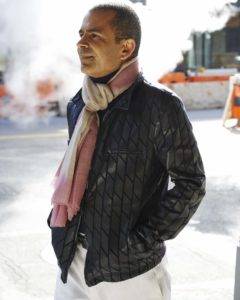
Most of all, I am surprised that so much remains the same; the things that mattered to me when I was young continue to feel urgent.
The need to love and be loved is a large part of most of these stories. These needs are an essential part of me. I remember that even when I was five or six I thought about getting married. I believe this was because I felt unloved, and I think this feeling was based partially on the peculiarities of my parents’ marriage and partially on the fact that my brother might have received a disproportionate amount of attention. I knew as a little boy that I wouldn’t find all the love I needed in my family—somehow I always knew that—and I had to create my own family. My family immigrated to America when I was eight, and I used to read women’s magazines because I wanted to learn how to be a good boyfriend, a good husband. This is partially where “Cosmopolitan” comes from.
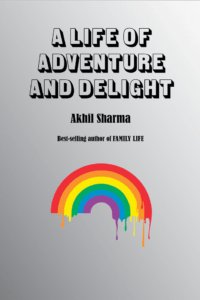 I think another thing that is consistent is that many of these stories begin with the protagonist wanting one thing and realizing at the end that this was the wrong thing to want, or that what was wanted was not enough.
I think another thing that is consistent is that many of these stories begin with the protagonist wanting one thing and realizing at the end that this was the wrong thing to want, or that what was wanted was not enough.
One thing that is different about the older stories is that the more recent ones like “We Didn’t Like Him” or “The Well” cover vastly more time and so don’t rely on unity of time, event, or location to hold the narrative together.
The more recent ones are also more rigorously anti-exoticism. For example, in “We Didn’t Like Him” the children’s game gali-danda is translated as stick-stick. Translating the name of the game avoids using a phrase that can be filled with stereotype.
A handful of these stories are based on your life experience. Do you find that your life is your biggest source of inspiration?
This is a fair question, but it is hard to answer. I am not a woman looking back on an arranged marriage, like the narrator in “If You Sing Like That for Me.” Nor have I ever been involved in a situation like the one described in “The Well.” Certainly, though, the emotions in these stories are all emotions that I have experienced.
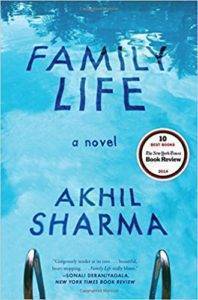 Just like one of your protagonists, you read Cosmopolitan to better understand women. Did it help?
Just like one of your protagonists, you read Cosmopolitan to better understand women. Did it help?
It helped in that Cosmopolitan is only partially about makeup and boyfriends—what we think the magazine is about. Cosmopolitan, Elle, and Allure all deal with serious issues: how to earn a living, how to take care of loved ones who are ill. In this sense, these magazines vastly enriched my sense of what being a woman means, and so how to go about having relationships with women.
One of your characters is an Indian woman who is an alcoholic, and yet you’ve said that this is actually rare for women in India. Why is that?
It is rare for an Indian woman to be alcoholic because there is so much danger. I once met an Indian man who was an alcoholic in recovery and I asked him if there were Indian alcoholics? He said, “No. We kill them.”
You wrote about your brother’s tragic accident in your novel Family Life, and you also wrote a short story about the accident. Was one format harder to write?
A short story can carry the reader forward just through transition and surprise. A novel, since it is larger, requires a more robust structure.
You were born in Delhi but now live in New York. Do you frequently go back to India?
I go back every two years or so. The India I return to is not the India that I left as a child. This is one reason why I tend to write about particular alleys that have not changed, as in “We Didn’t Like Him.” It is also why, in my more recent stories, I write about cities that are socially and culturally a bit backwards relative to the big metropoles like Delhi and Mumbai, such as in “You Are Happy?” and “A Life of Adventure and Delight”.


